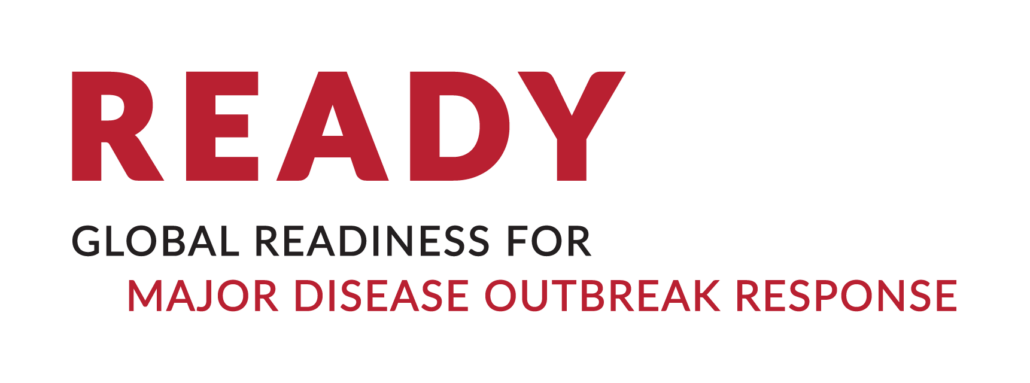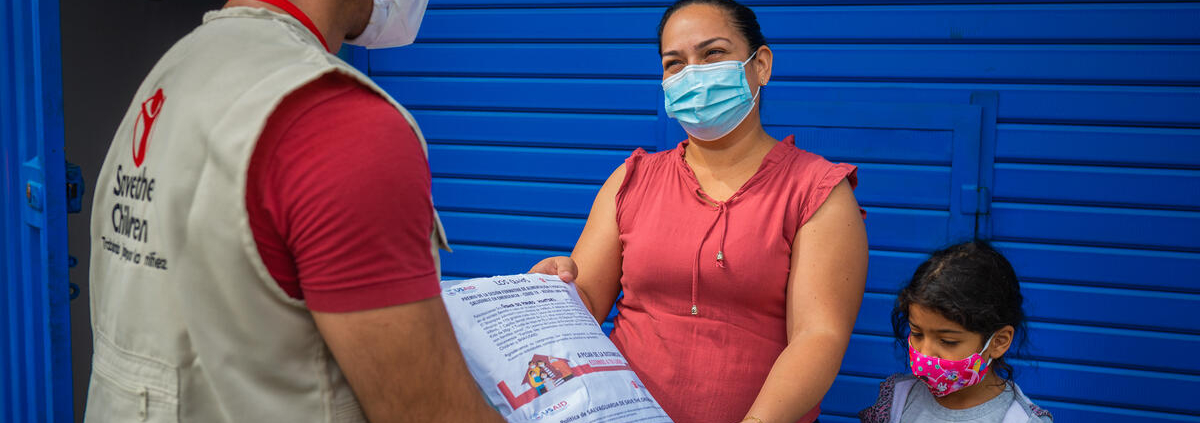Inter-Agency Humanitarian Evaluation of the COVID-19 Humanitarian Response
The Inter-Agency Humanitarian Evaluation (IAHE) of the COVID-19 Humanitarian Response seeks to assess the collective preparedness and response of the Inter-Agency Standing Committee (IASC) member agencies at the global, regional, and country-level in meeting the humanitarian needs of people in the context of the COVID-19 pandemic. It has three objectives:
Inter-Agency Humanitarian Evaluation COVID-19 Global Humanitarian Response Plan: Learning Paper
The Global Humanitarian Response Plan (GHRP) Learning Paper is intended to inform future humanitarian policy and practice, specifically the development of any dedicated, ad-hoc GHRPs that may be considered in response to future global emergencies.
View the report in English here.
Inter-Agency Humanitarian Evaluation: Localisation in the COVID-19 Response
This Learning Paper meets the third objective of the evaluation, that of learning. It is intended to inform future humanitarian policy and practice, notably the work of IASC Task Force 5 on localisation and the implementation of the Grand Bargain 2.0 Framework, which focuses on local responders as one of the enabling priorities.
View the report in English here.


This website is made possible by the support of the American People through the United States Agency for International Development (USAID) under the READY initiative. READY (not an acronym) is supported by USAID’s Bureau for Democracy, Conflict, and Humanitarian Assistance, Office of U.S. Foreign Disaster Assistance (OFDA) and is led by Save the Children in partnership with the Johns Hopkins Center for Humanitarian Health, the Johns Hopkins Center for Communication Programs, UK-Med, EcoHealth Alliance, and Mercy Malaysia. The contents of this website are the sole responsibility of Save the Children. The information provided on this website does not necessarily reflect the views of USAID, any or all consortium partners, or the United States Government, and is not official U.S. Government information.


